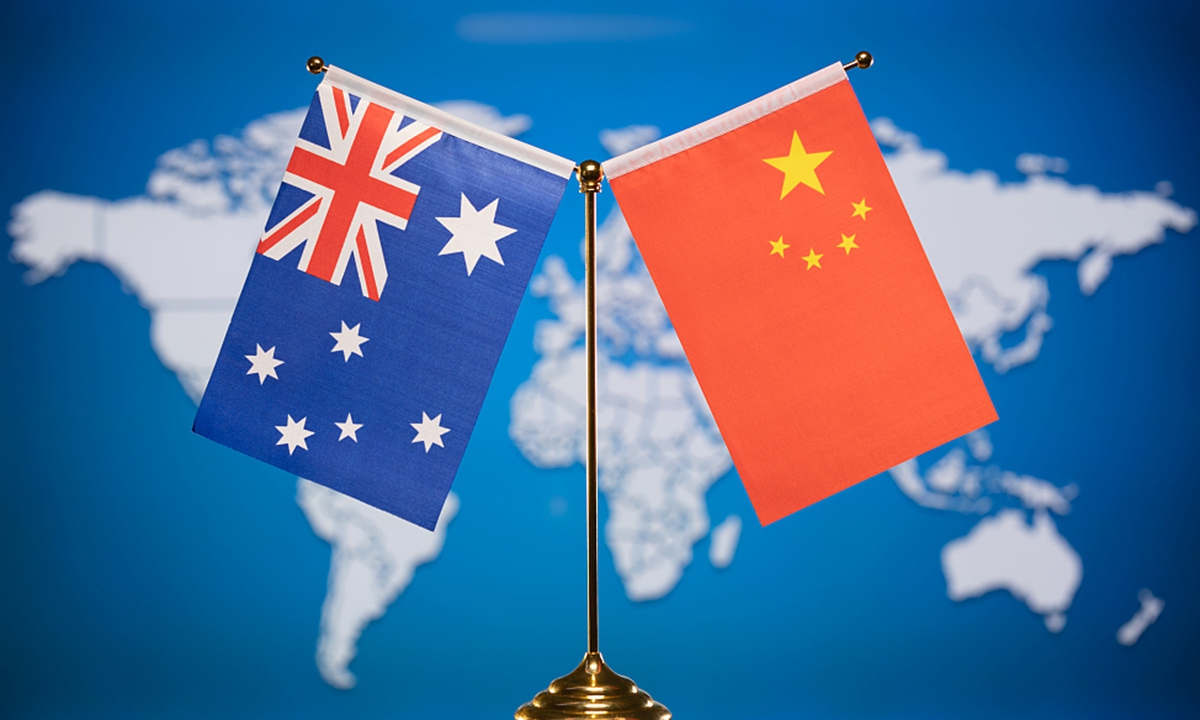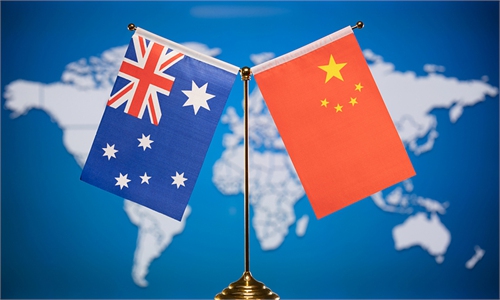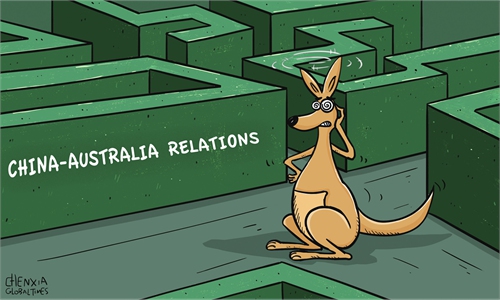
Photo: VCG
Australia appears to be counting on an ambitious plan to boost its technological development by protecting and promoting critical technologies, but attention is more focused on how it will hinder already troubled China-Australia cooperation in terms of technology research.Australian Prime Minister Scott Morrison on Wednesday released the government's Blueprint for Critical Technologies, which identified a list of 63 areas of technology that were critical to its national interest and would be promoted with funding support. The government will initially focus on nine technologies, including quantum technology, critical minerals, communications, artificial intelligence and cyber security, according to Australian media reports.
The Morrison government didn't specifically mention China in its plan, but most Western media outlets that covered the story suggested that the move is to counter China's rise in key strategic fields, and the plan is expected to be followed by restrictions on domestic universities' cooperation with Chinese institutions.
Such speculation is not entirely unfounded, because on the same day, Australian Home Affairs Minister Karen Andrews announced new rules for universities to reduce the risk of foreign interference and transfer of sensitive technology.
Amid the strained China-Australia relationship, the new steps, to a certain extent, highlight Australia's persistent hostility toward China and profound arrogance when it comes to technological capabilities.
Even as Australian trade officials have been seeking for a solution to bilateral trade tensions, Canberra still continues to view cooperation with China through the lens of distorted national security and ideology, seeking to further jeopardize any promising cooperation opportunity. The contradictory moves reflect Canberra's confusion in foreign policy, which will only bring unnecessary economic consequences.
With Australian borders finally re-opened in November, international students are expected to return to Australian universities. Chinese students are the main force of international students in Australia, contributing significantly to the country's fourth largest export industry, international education. If in the future, Chinese students choose to shun Australian schools because of the restrictive academic environment and hostile atmosphere, it's Australia's international education sector that will take the hit. Once universities' revenues decline, so will the amount of money available for scientific and technological research, which ironically runs counter to what the Morrison government seeks to do with the latest moves.
Australia needs to be aware that its approach of promoting key technologies may be derailed by cutting off cooperation and provoking China. Australia appears to be imitating the US' way of doing things, but it doesn't have the same strength as the US. Even the US can only rely on its hegemony to require other countries to cut off technology ties with China in areas like chip research and development and it has so far failed to do so. Australia has far fewer cards to play compared with the US. China won't see major impact from Australia's tech blockade, and it will be Australia itself that will take blows from its arrogant and backfiring efforts.




